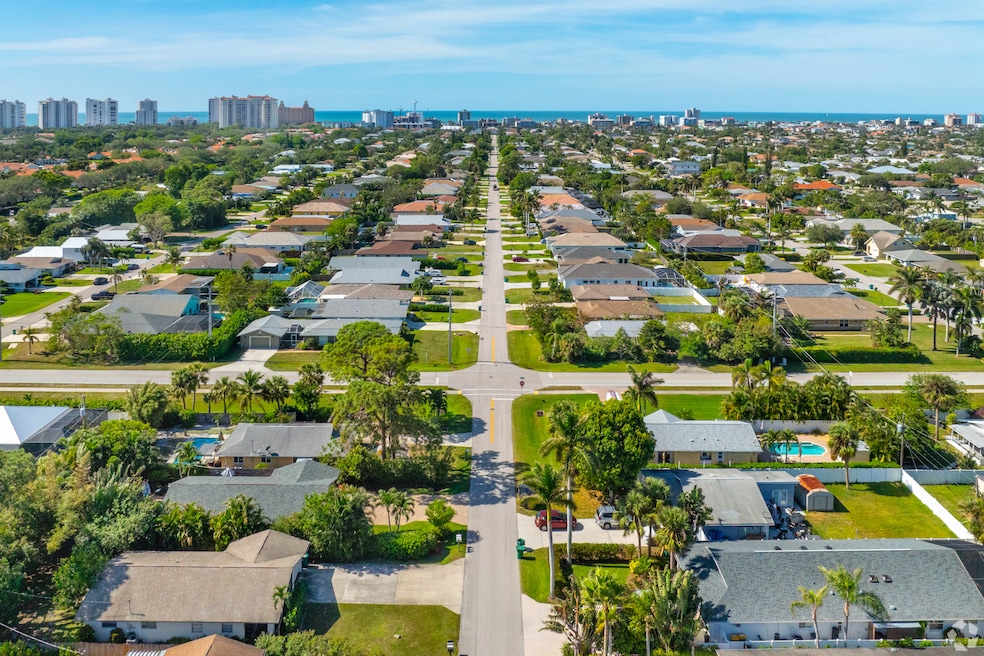If you’re financing your home purchase, you have a variety of options when it comes to customizing your loan. One choice is how you’ll pay off the mortgage and interest — either at a fixed or variable rate.
What is a fixed-rate mortgage?
With this option, you pay the same interest rate for the entire term of the loan. Fixed-rate mortgages typically span 15 years or 30 years, although there are 10- and 20-year options. If you took out a 30-year, fixed-rate mortgage in 2025 with a 6% mortgage rate, you would pay 6% in interest through 2055.
If mortgage rates fall below your fixed percentage, you can refinance to bring down your monthly payments. That comes with fees, so you should factor in that cost to determine whether the lower rate really is the better option given how long you plan to live in that home.
What is an adjustable-rate mortgage?
As the name implies, adjustable-rate mortgages, also known as ARMs, are characterized by their variable interest rates.
When you take out an ARM, you lock in one rate for a set period of time — five or seven years, for example. That rate is usually lower than the one you would get with a fixed-rate mortgage.
But, after that period lapses, your rate will move according to the market benchmark your lender has chosen — the U.S. Treasury rate, for example. Depending on how that benchmark is performing, your rate will change at a set cadence, usually once or twice a year. For example, a 5/1 ARM would have a fixed rate for five years, and then it would adjust annually. You can also finance an adjustable loan into a fixed.
Adjustable-rate mortgages come with risks
Though ARMs can offer a lower initial mortgage rate, they leave borrowers open to risk, according to experts.
“They can go up or down,” Lauren Lindsay, a financial advisor in Houston, Texas, said in an interview. In other words, if a borrower’s adjustment period comes at a time when interest rates are higher, they could be stuck with significantly more expensive monthly payments.
When you might choose an adjustable-rate mortgage
There are some situations in which an ARM would make more sense than a fixed-rate mortgage, though, Melissa Cohn, regional vice president at William Raveis Mortgage, said in an interview.
For one, if you’re going to sell or pay off your mortgage before your first rate expires, an adjustable-rate mortgage can be a tool to secure a lower monthly payment, Cohn said. For example, if you’re moving for work and planning to live somewhere for just three years, it could be more cost-effective to take out an adjustable-rate mortgage.
Another situation in which an ARM could make sense is if you are early in your career and know that your income is going to grow significantly, Cohn said. By backloading your payments, you can save money while you’re earning less and spend more when you have a higher salary.
Cohn and Lindsay said it’s important to shop around for mortgages and work with a professional who can guide you to the right choice for your finances.
